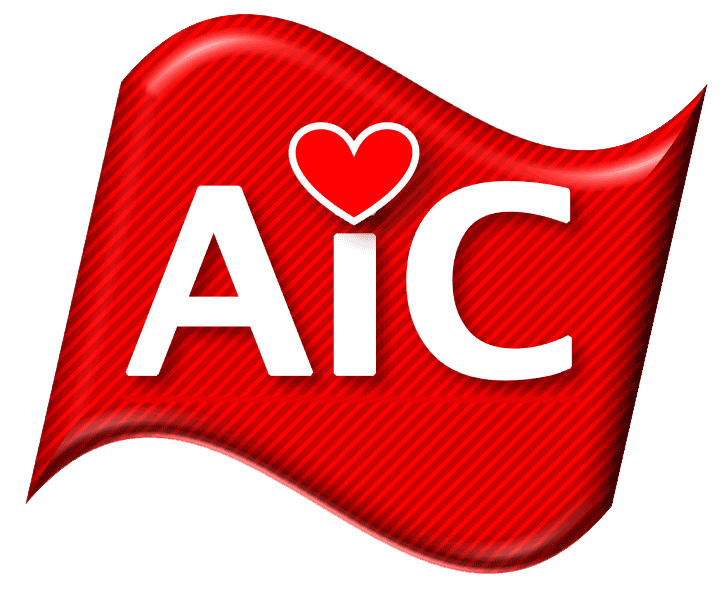Some gifted doctors and nurses know it, so do some psychologists and other health professionals. But most do not.
This is the language that makes healing possible. It is active in the healing of trauma, illness, and relationships. In patients, families, and caregivers.
It is what we teach at Adventures in Caring (AiC)—to young people who are pursuing careers in health care, and to current professionals in health care and emergency services.
It takes a year to learn this language well enough to remember it for life, and to be fluent enough to alleviate distress and restore well-being. After one year, students are capable of restoring the elements of well-being that make life worth living, even at the end of life. Such elements of well-being are our sense of: identity, connectedness, security/trust, autonomy, hope, meaning, growth, forgiveness, gratitude, and joy.
We are not only made of molecules, we are also made of stories. So the language of healing uses symbolism, paradox, metaphor, and appreciative listening to bring out the stories that lead to healing—of body, mind, heart and soul.
This language causes the universal solvent of compassion to flow, and so to solve, dissolve, and resolve the hard feelings, harsh thoughts, and bitter experiences of illness and injury.
The language can be taught—we have done it successfully for thirty-five years—but it cannot be taught by lecture. It can only be learned in the service of others who are suffering. This may be why it is so rarely taught in academia.
This is the AiC mission: to endow the next generation with this gift of healing—as an all-purpose tool to attend to, and cope with, the trauma, sickness and instability they will face. And, to be a blessing to current generations through their process of learning.
This healing language is crucial to the quality of relationships, not only in health care, but in public. We desperately need conversations that are healing rather than divisive, conversations that produce insight rather than merely affirm the latest fashion in group-think. We need language that leads to conversations that are meaningful, open, honest, and life-affirming, rather than those that are superficial, censored, devious, and corrosive. We need language that unlocks our innate capacity to heal, to grow, to thrive.
AiC undergraduate student volunteers demonstrate their proficiency in this language by engaging in healthy, constructive conversations with people who hold diametrically opposite points of view on politics and religion. They interact with people five times their age, who grew up in different countries, with different cultures and different races, speaking different languages, believing different creeds—and who are also having difficulty hearing, seeing, or speaking, and are in pain—and they still produce deeply meaningful, healing, life-affirming interactions. That is why we call them advanced skills.
So many of problems we face in our society are related to language that is divisive, deceptive, reductionistic, manipulative, mocking, and dismissive. The antidote is this language of healing. Many of our students tell us: “the whole world needs to learn this.” We agree, and with your help we can teach it to the world.
—Simon Fox
Simon Fox is Executive Director of the Adventures in Caring Foundation and author of Oxygen for Caregivers: Our Toolkit to GuardAgainst Burnout, Build Resilience and SustainCompassion, an interdisciplinary team-learning program for health care and emergency service professionals.
Related post: Best Pills for Erection: A Comprehensive Guide

